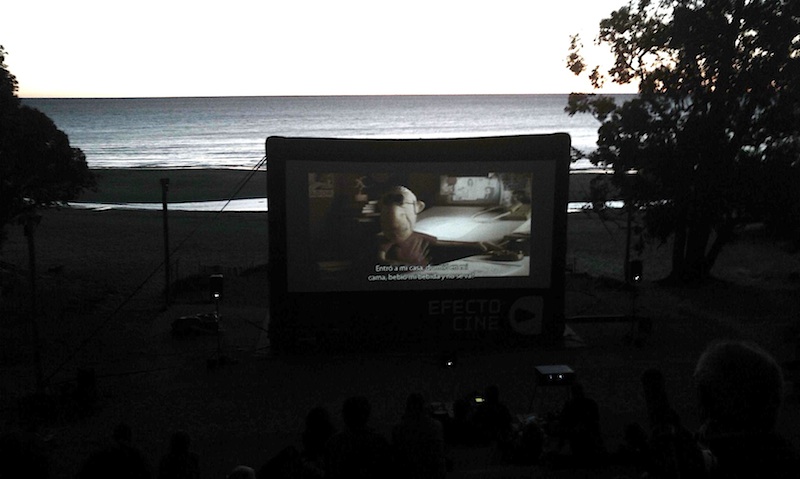To the South
Well I’ve just had one whirlwind of a trip. First, five nights in Atlantida, a very sleepy seaside town just along the coast from Montevideo (which I didn’t get to visit) on the La Plata estuary, for a small but extremely friendly documentary film festival called Atlantidoc, where I taught a workshop in directing documentary. Fifteen participants from half a dozen Latin American countries, not students but young film-makers out there hustling to get their films made, highly intelligent and articulate. Lots of animated conversation in the festival cafe on the beach, and late night screenings in the open air. More about this later.
